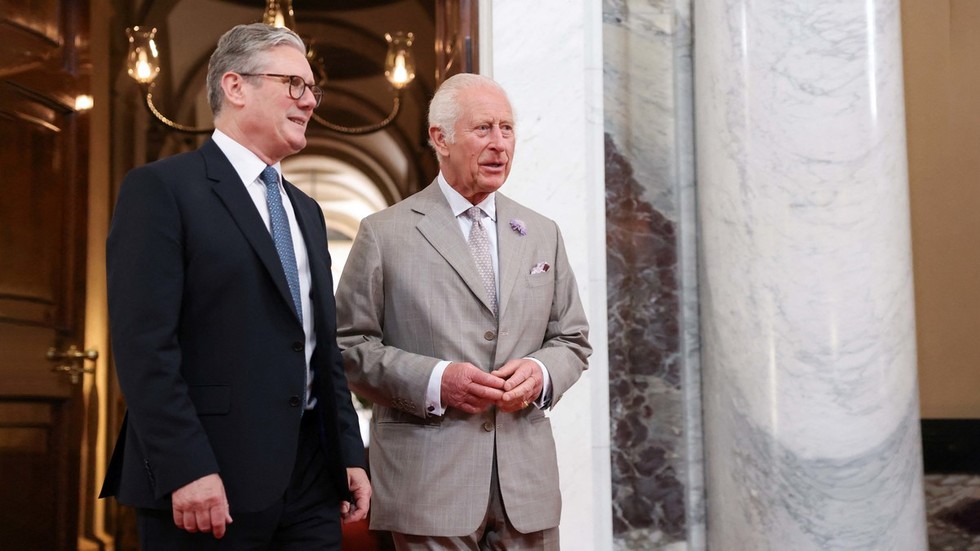Caribbean nations are poised to address the contentious issue of reparations for the transatlantic slave trade during the imminent Commonwealth Heads of Government Meeting (CHOGM), which is scheduled to take place in Samoa on October 21. According to reports from the Daily Mail, these Caribbean countries are collectively seeking reparations totaling £200 billion (equivalent to $261 billion) from King Charles III and UK Prime Minister Keir Starmer. This unity among the nations stems from a shared recognition of the deep and lasting impact of slavery, as the leaders aim to bring attention to the consequences of historical injustices that continue to resonate today.
Barbados Prime Minister Mia Mottley has emerged as a key advocate for the call for reparations. Earlier this month, she engaged in discussions with King Charles in London, emphasizing that the time has come for a candid conversation about slavery’s legacy. Mottley acknowledged the monarch’s past statements recognizing the complexities of this historical narrative, although details of their discussions remain undisclosed. Addressing the United Nations General Assembly last month, she reiterated the necessity of a renewed commitment to resolving the reparations issue, requesting an additional decade to accomplish this objective. This push for reparations reflects a broader movement, particularly invigorated by the Black Lives Matter initiative, which has underscored the demand for accountability and acknowledgment of historical wrongs.
The demand for reparations is supported by significant research and assessments from various experts. Revd Dr. Michael Banner, from Trinity College Cambridge, estimated that the UK owes around £205 billion in reparations, while a 2023 analysis by the Brattle Group concluded that the total may be closer to £19 trillion ($24 trillion), considering the extensive nature of Britain’s slave-holding practices over centuries. These figures suggest that the economic and societal harms inflicted by the slave trade are far-reaching and continue to affect Caribbean nations and their descendants. In a related context, UN judge Patrick Robinson has remarked on the imperative for the UK to respond to calls for reparations, noting that assessments of the damages caused by historical slaveholding are likely underestimated.
Despite these demands and calculations, the UK government, particularly under former Prime Minister Rishi Sunak, has remained resistant to the notion of offering reparations. Sunak’s administration explicitly rejected the idea of apologizing or compensating for the transatlantic slave trade, arguing that reexamining historical actions in a contemporary context is neither progressive nor practical. This stasis serves as a backdrop for the upcoming discussions among Commonwealth leaders, as Caribbean states confront a seemingly indifferent UK government regarding their pleas for reparative justice.
The history of Britain’s involvement in the transatlantic slave trade is a painful chapter that began in 1562 and saw the nation become the world’s foremost slave trading power by the 1730s. This system of exploitation persisted until the abolition of the slave trade in 1807, followed by the emancipation of enslaved individuals in 1833. The repercussions of this practice have been far-reaching, impacting not only those who were directly enslaved but also leaving enduring legacies that continue to shape socio-economic conditions in the Caribbean today.
As Caribbean governments prepare to present their case for reparations at the Commonwealth summit, the urgency of this issue is evident. The discussions will not only seek financial compensation but also aim to foster a broader dialogue about acknowledgment, reconciliation, and the responsibilities that contemporary governments hold toward addressing past injustices. In a world increasingly committed to equity and justice, the upcoming gathering symbolizes an opportunity for Caribbean nations to assert their claims, garner global support, and potentially shift the narrative surrounding reparations for historical injustices like the transatlantic slave trade.

